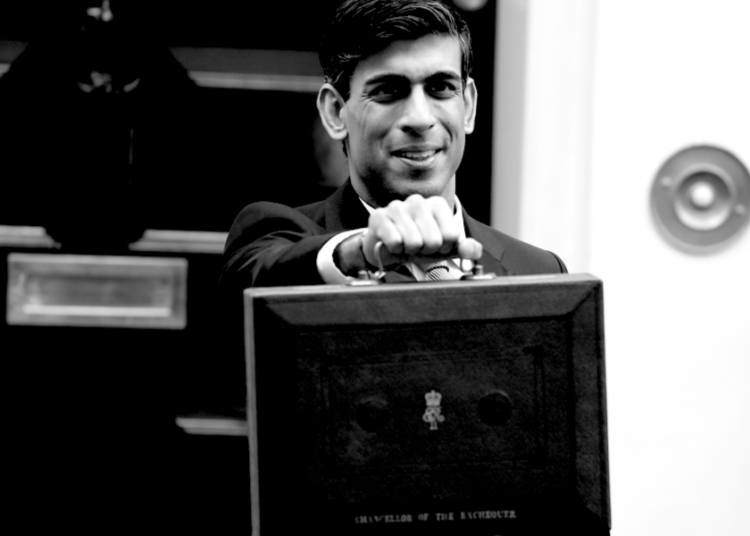DURING the Blair years, the journalist Richard Littlejohn brilliantly riffed on the Del Amitri song Nothing Ever Happens to describe the political era of weightless vapidity we then appeared to be living in. (Of course, behind all the spin and deflection, the revolt of the elites first identified by Christopher Lasch was gathering pace, but it wasn’t widely recognised at the time.)
I was reminded of that bleak time – which by comparison with our present seems a golden age – after Rishi Sunak made his speech on extremism last week. There was a brief flurry of excitement from the more naïve and impressionable sections of the commentariat – ‘he gets it! We are finally going to turn the corner’ and then . . . nothing happened at all.
Most of us are cynical and weary enough not to expect Sunak to deliver any meaningful change on this or any other matter, but it is the context of his announcement that made it particularly grotesque. Britain has suffered many revolting outrages at the hands of Islamism for decades now, and after almost every one there was nothing but silence or the mouthing of bland pieties from the elites coupled with complete avoidance of the extremely serious nature of the problem. Particularly obnoxious was the response ‘don’t look back in anger’ after the Manchester Arena bombing; we all can name others. And yet as soon as MPs were threatened en masse, followed quickly by the election of the firebrand George Galloway on a pro-Gaza ticket, the Prime Minister responded, albeit only with a soundbite or two.
Behind all the sound and fury concerning Islamism being a threat to our democracy, a deeper truth is that what we laughingly call our democracy is now held in the deepest contempt by the people it is supposed to serve. A widespread reaction to MPs pleading for protection was the tellingly biblical judgment that ‘you reap what you sow’. In a functioning democracy where people felt represented by their representatives, the reaction by contrast would have been one of outrage.
Parliament has indeed been sowing the wind for a long time, perhaps dating back to the lies told to get us into the then ‘Common Market’ during the 1960s and 70s. My own belief is that as an institution it crossed a psychological Rubicon when it tried to subvert Brexit, a process that arguably it is still engaged with today. There were many long-term trends that meant that the representative model of democracy was failing, as we have detailed in this series, but at that point the vast majority MPs made the free choice to reject the democratic vote of the people, and it was only a quirk of arithmetic and the courage of the ‘Spartans’ that saved the day. Although Brexit was eventually achieved, albeit imperfectly, like the Bourbons MPs seemed to have learned nothing and forgotten nothing.
At the time of the febrile atmosphere around Brexit, it was common for Leavers to warn of civil war if Brexit was overturned. A bit hyperbolic, no doubt, and of course in reality there wasn’t even any civil unrest. Nonetheless contempt for Parliament and the political class is even deeper today, and the canary in the coalmine is the ongoing Ulez protests and the willingness of those involved to break the rule of law. Expect much more of that as the contempt the electorate for the system and those who serve it increases in the years ahead. It is not difficult, for example, to see how the impoverishment of the people due to the implementation of Net Zero could lead to widespread civil unrest. A system where the reaction of the demos to the harassment and intimidation of its representatives is apathy and contempt is one that cannot long survive.

